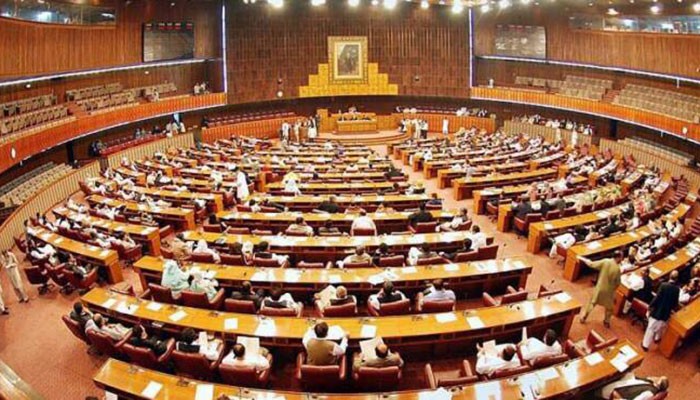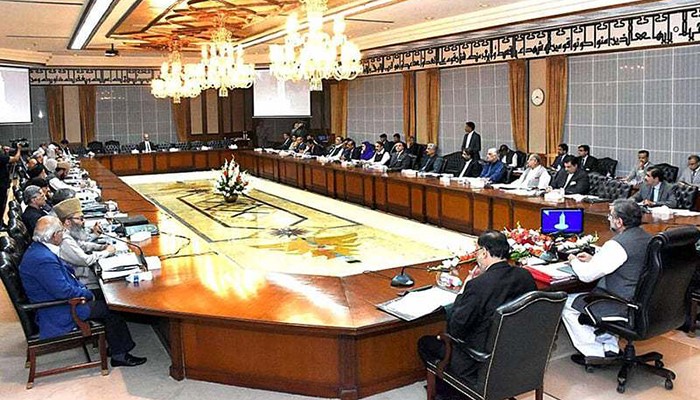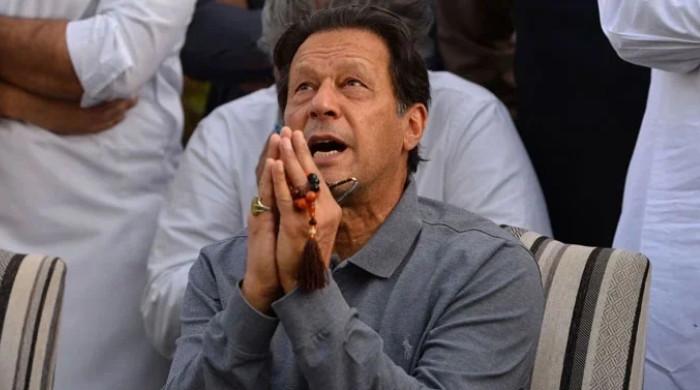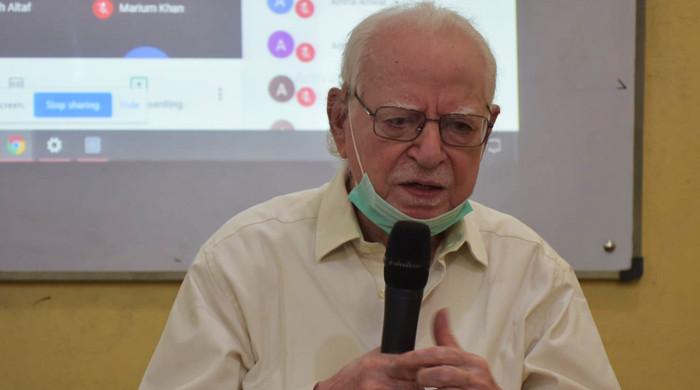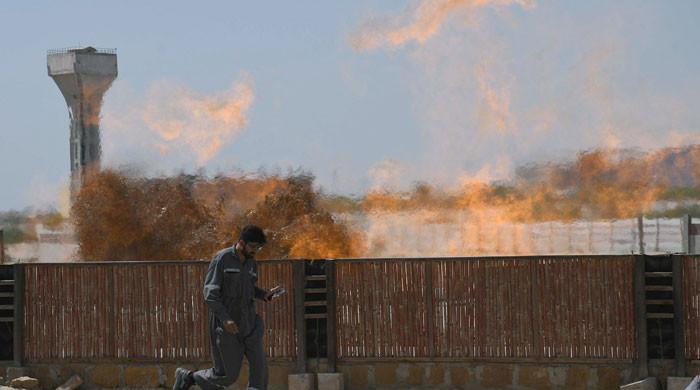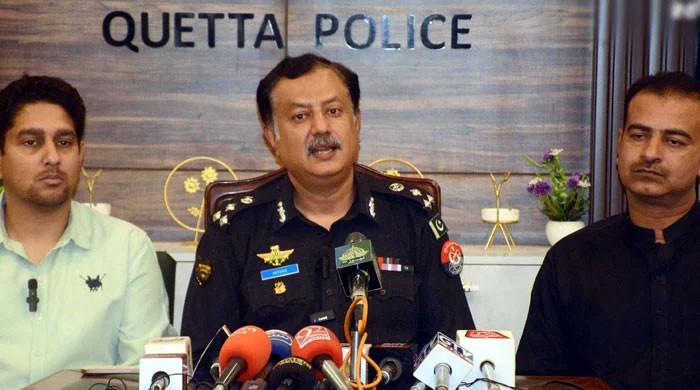Senate passes bill extending Supreme Court, PHC jurisdiction to tribal areas
PkMAP, JUI-F opposed bill and walked out of Senate in protest; bill has already been passed by NA in Jan this year
April 13, 2018
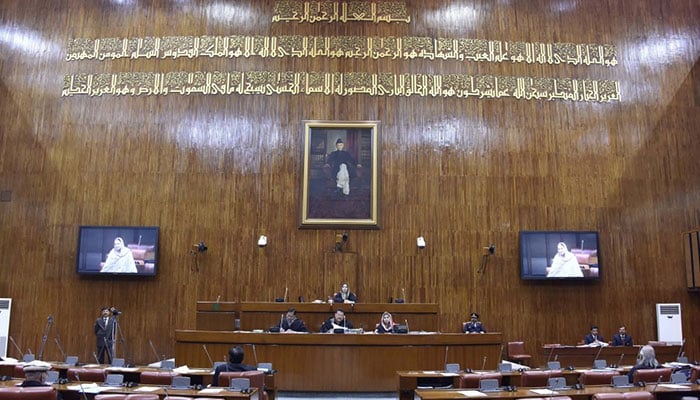
ISLAMABAD: The Senate passed on Friday the bill extending the jurisdiction of the Supreme Court and Peshawar High Court to the tribal areas.
The extension of the superior courts' jurisdiction is one of several demands of the people of Federally Administered Tribal Areas (FATA) who seek to be treated at par with the rest of the country.
The bill, part of the supplementary agenda of the Upper House of Parliament's session today, was opposed by the government's allies —Pakhtunkhwa Milli Awami Party and Jamiat Ulema-e-Islam-Fazl — who walked out of the session in protest.
Later, the Pakistan Peoples Party, Pakistan Tehreek-e-Insaf and Pakistan Muslim League-Nawaz managed to pass the bill, titled The Supreme Court and High Court (Extension of Jurisdiction to Fata) Bill 2017.
The bill was later sent to President Mamnoon Hussain for approval as law.
Earlier, Chairman Senate Sadiq Sanjrani headed the session comprising the entire house as a committee where Minister for States and Frontier Regions Lt Gen (retd) Abdul Qadir Baloch gave a briefing on FATA reforms to the senators.
On January 12, the National Assembly had approved with a majority the same bill.
Newly-appointed law minister Mahmood Virk had presented the bill.
Opposition Leader Khursheed Shah had said this is a historic day, as the tribespeople have rendered immense sacrifices.
The lawmakers from FATA have been demanding the merger of the tribal areas with Khyber Pakhtunkhwa province.
In a meeting on December 26, 2017, the federal cabinet approved the formation of a high-level national implementation committee for FATA reforms.
"The meeting granted ex-post facto approval to the formation of National Implementation Committee on FATA Reforms. Minister for Defence and Commander 11 Corps have been included in the high-level implementation committee," read a statement issued after the meeting.
The KP Assembly had adopted a resolution on December 14, 2016 in favour of merging FATA with KP with the aim of rehabilitating and reconstructing the infrastructure including roads, communications, power lines, water supply, education and health facilities.
The recommendations to bring the tribal areas at par with the rest of the country were approved by the federal cabinet on March 2, 2017 but the matter has been delayed since then.
